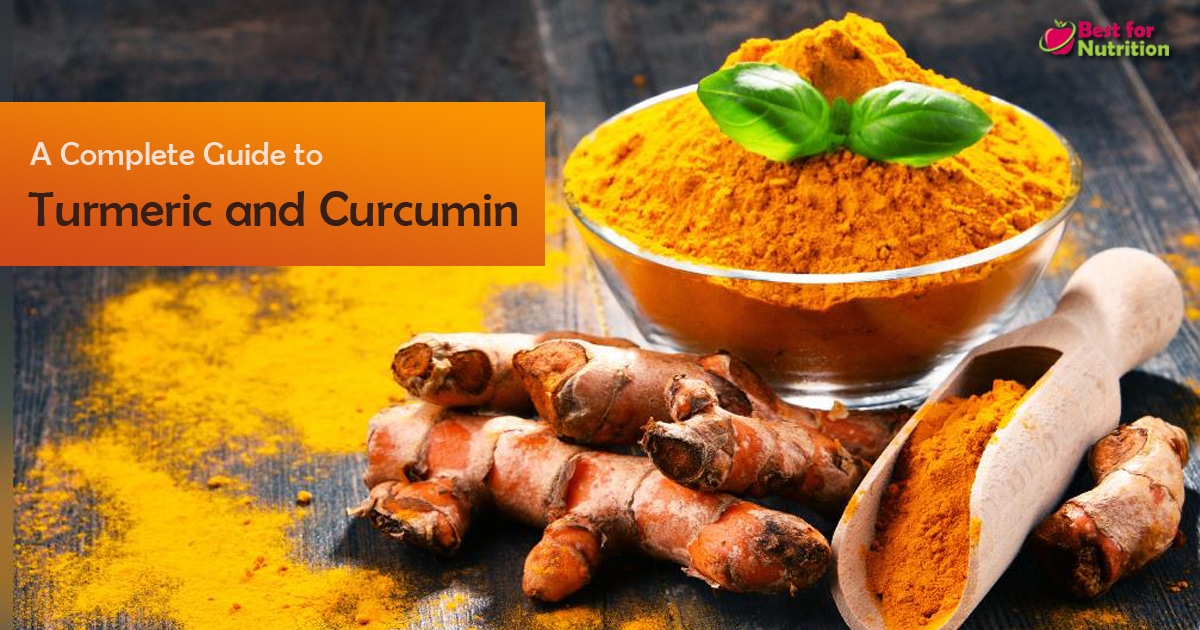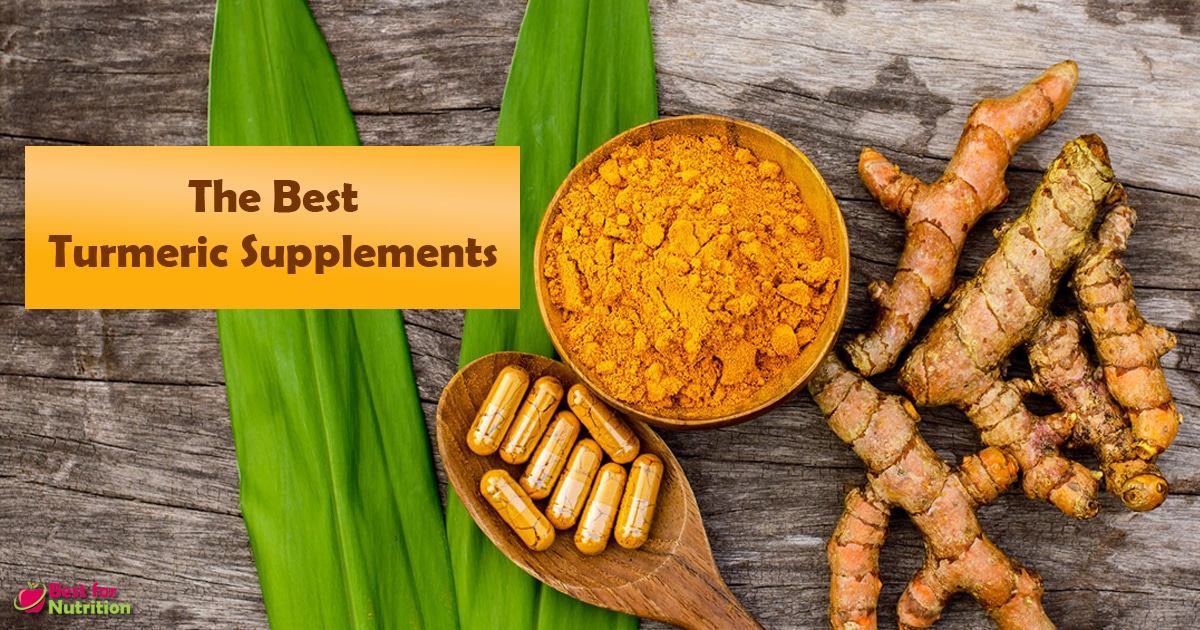Turmeric, a vibrant yellow spice commonly used in cooking, has gained attention for its potential health benefits, particularly in managing joint pain and arthritis. The active compound in turmeric, curcumin, is known for its anti-inflammatory and antioxidant properties, which may play a significant role in supporting joint health. But does turmeric truly work for joint pain relief? This article explores how turmeric and curcumin might benefit joint health and the best ways to incorporate them into your daily routine.

The Science Behind Turmeric and Joint Health
Turmeric contains curcumin, a powerful bioactive compound with anti-inflammatory and antioxidant effects. Inflammation is a major factor contributing to joint pain and arthritis, making curcumin a potential natural remedy for these conditions. Research suggests that curcumin can inhibit enzymes and molecules that promote inflammation, potentially reducing joint pain and improving mobility (1).
Some studies have indicated that individuals with osteoarthritis who took curcumin supplements reported significant pain relief and improved physical function. Curcumin’s ability to combat oxidative stress and inflammation may help in managing symptoms of joint-related conditions (2).
Summary
Curcumin in turmeric may help reduce joint pain by inhibiting inflammatory processes and reducing oxidative stress.
Turmeric vs. Conventional Treatments for Joint Pain
Conventional treatments for joint pain, such as NSAIDs (non-steroidal anti-inflammatory drugs) and corticosteroids, are effective but can have side effects, including gastrointestinal issues and increased risk of cardiovascular events. Turmeric offers a natural alternative with a potentially lower risk of adverse effects. Some evidence suggests that combining turmeric with conventional treatments might enhance pain relief while minimizing side effects.
There is emerging evidence that curcumin supplements, when used alongside standard medications, can provide significant pain relief and reduce the dosage needed of those medications, thus potentially lowering the risk of side effects.
Summary
Turmeric could offer a safer, natural alternative to conventional treatments for joint pain, potentially enhancing their effects with fewer side effects.
Best Turmeric Supplements for Joint Health
Not all turmeric supplements are created equal. For maximum benefit, look for supplements that contain standardized curcumin extract with enhanced bioavailability, often achieved by combining curcumin with piperine (black pepper extract). Piperine enhances the absorption of curcumin, making it more effective in the body.
When selecting a turmeric supplement, it’s important to choose products that are third-party tested for quality and potency. High-quality supplements should provide a standardized amount of curcumin, ensuring consistent benefits for joint health. You can explore some top-rated options on our Best Turmeric Supplements page.
Summary
To gain the most joint health benefits, choose turmeric supplements with standardized curcumin extract and added piperine to enhance absorption.
How to Incorporate Turmeric into Your Diet
While turmeric supplements are a potent way to support joint health, incorporating turmeric into your daily diet can also provide benefits. Turmeric can be added to a variety of dishes, such as smoothies, teas, soups, and curries. However, cooking can reduce its curcumin content, so it’s beneficial to consume it with healthy fats like coconut or olive oil to improve absorption.

Combining turmeric with black pepper can further enhance its absorption. A popular way to consume turmeric is through “golden milk,” a beverage made from turmeric, milk, and spices, which combines several beneficial ingredients.
Summary
Including turmeric in your diet, especially with black pepper and healthy fats, can complement the effects of supplements in supporting joint health.
FAQs
How long does it take for turmeric to work for joint pain?
The effects of turmeric on joint pain can vary based on individual factors and dosage. Some people may notice improvements within a few weeks, while others may take longer. Regular use is important for best results.
Are there any side effects of taking turmeric supplements for joint health?
Turmeric supplements are generally considered safe for most individuals. However, high doses may lead to gastrointestinal discomfort or interact with certain medications. It is advisable to consult a healthcare professional before starting any new supplement.
Can turmeric cure arthritis?
Turmeric is not a cure for arthritis but may help manage symptoms and reduce inflammation. It should be used as part of a comprehensive treatment plan, including diet, exercise, and, when necessary, medication.
How much turmeric should I take daily for joint health?
The recommended dosage of turmeric for joint health varies, but most studies suggest a range of 500 to 2,000 mg of turmeric extract per day, standardized to contain a high percentage of curcuminoids. Always follow the dosage instructions on your supplement or consult with a healthcare provider.
The Final Note
Turmeric, particularly its active compound curcumin, shows promise as a natural option for managing joint pain and arthritis. While it should not replace conventional treatments, turmeric can be a valuable complementary approach to help alleviate pain and improve joint health with fewer side effects. For those interested in exploring turmeric further, incorporating it into your diet and considering a high-quality supplement may offer additional benefits.





